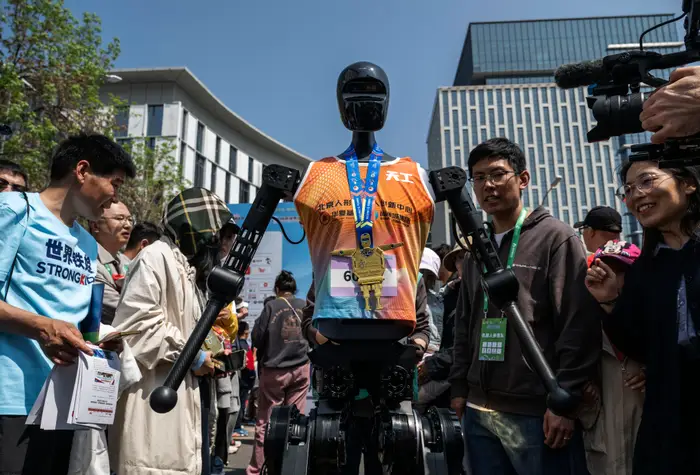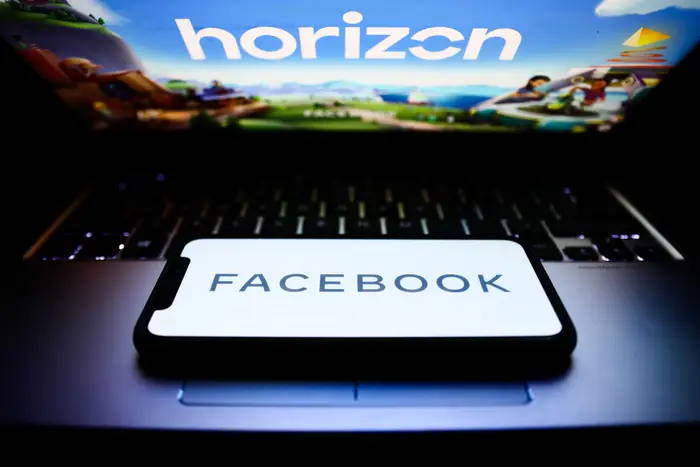GoStudent, the $3 billion edtech darling, scaled fast and partied hard. The result was a mess.

According to an email obtained by Insider, GoStudent’s US office, which had opened five months earlier, closed that September. The company honored its existing contracts, allowing tutors to finish their scheduled sessions. At least 200 people were laid off as a result of the wave of layoffs.
GoStudent hired new employees in the midst of the layoffs. Duncan McIntyre, a former Delivery Hero executive, was appointed as the company’s new chief financial officer in March 2022. “We got the CFO, and he was like, ‘Fucking hell, you have no idea how to spend money,'” a former employee said, adding that McIntyre met with the French investment firm Eurazeo in June that year in a failed attempt to secure Series F funding. McIntyre’s chief of staff was Neel Gupta, formerly of Deliveroo and SoftBank, and Anna Tuchy, formerly of JP Morgan and Barclays, was hired as head of investor relations — a move that is typically made before a company goes public. GoStudent acquired the German in-person tutoring company Studienkreis in December.
However, new hires and acquisitions were insufficient to right the ship. GoStudent reduced its workforce again in mid-December, laying off approximately 220 of Austria’s 490 employees. People were “shell-shocked,” according to a current employee.
GoStudent had shrunk to 15 markets and 1,500 employees by December 2022, according to public documents updated in December 2022. According to GoStudent, the economic climate that year forced the company to “reevaluate its plans” and restructure “significantly.”
Staffers in Vienna formed a workers’ council, which is similar to a union, in January. The company said that it “fully supports its employees’ decision to form such a council and is actively working with the counsel now that it is in place.”
Some employees no longer trust Ohswald and Müller to lead GoStudent after multiple waves of layoffs and unfulfilled promises of employee benefits. “It’s difficult for us to believe in both of them as our company’s leaders,” a current employee said.
The workload increased once more. “There was no human element to this,” said one former employee. “It just felt like we were robots.”
In August, the company received an additional $95 million in equity and debt financing led by Deutsche Bank to support its use of artificial intelligence and virtual reality. According to TechCrunch, the company is developing a VR language-learning platform as well as a tool that will allow tutors to create lesson plans using AI.
This had no human element to it. It was as if we were robots. A previous GoStudent employee >
According to one former employee who has been with the company since 2021, many product developments related to video tutoring have been sidelined as GoStudent focuses its resources on AI and VR. “They wanted to bring VR into schools, but teachers have laughed at the notion of doing that,” she told me. “Who’s going to purchase them?” “Who will look after them?” According to another insider, GoStudent’s AI play has given the company new life by making it more appealing to investors.
Education experts, such as those at the Organization for Economic Cooperation and Development, see these technologies as a double-edged sword that must be used with caution if they are to have a positive impact.
“Move fast and break things” is a core mantra in the world of VC-backed startups. These businesses are dubbed disruptors because they demonstrate to the old guard that there is a new and better way to do things. However, GoStudent’s initial “aggressive methods” and lack of safety checks have shook people’s trust in the edtech industry, according to Patrick Nadler, CEO of Tutorspace, a competing startup that sued GoStudent for anti-competitive practices in spring 2022. (According to court documents, the case is still ongoing, with a hearing before the Oberlandesgericht Köln scheduled for late October.) “Disruption does not imply irresponsibility,” Nadler added.






